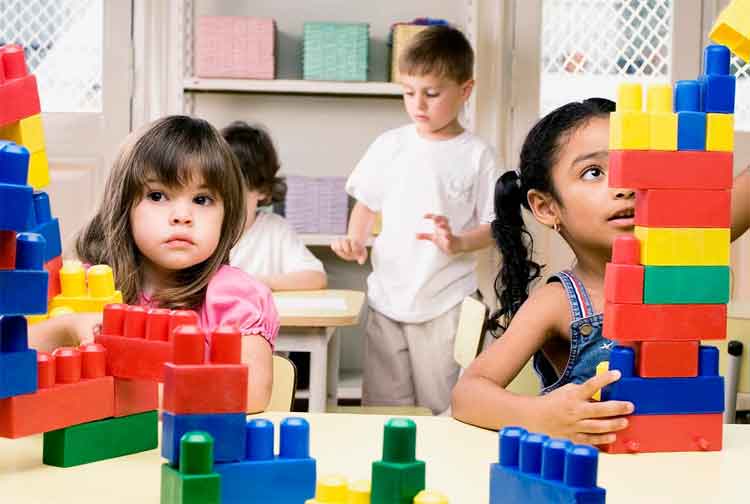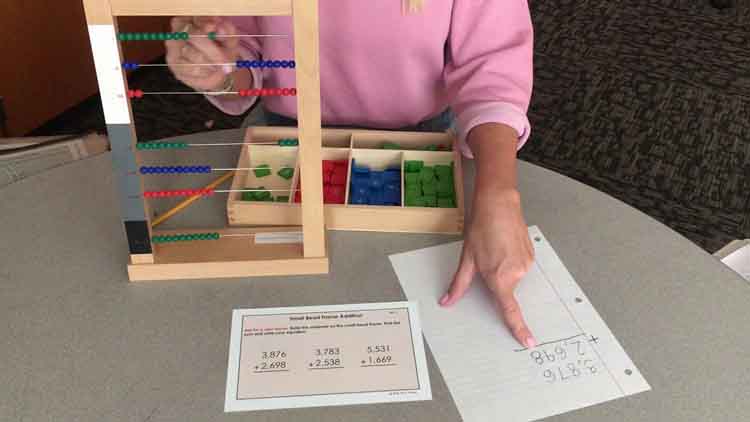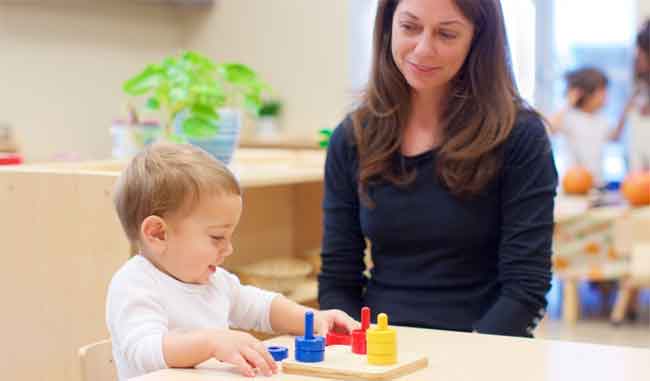Understanding the Montessori Approach to Skill Development
In the realm of Montessori education, skill development takes center stage as a fundamental aspect of nurturing young minds. The Montessori approach emphasizes a child-centered learning environment where individuality and self-discovery are encouraged. Through hands-on activities and guided exploration, students are empowered to harness their unique abilities and cultivate a wide array of skills.
Embracing Practical Life Activities
One of the cornerstones of skill development in Montessori education is the incorporation of practical life activities. These activities, ranging from pouring and spooning to buttoning and folding, not only foster independence and concentration but also enhance fine motor skills and hand-eye coordination. By engaging in these everyday tasks, children develop a sense of order, responsibility, and self-control.
Nurturing Sensorial Exploration
In the Montessori classroom, sensorial materials play a pivotal role in honing various skills. Through activities that involve exploring different textures, shapes, colors, and sizes, children sharpen their sensory perception and discrimination skills. By engaging in sensorial experiences, students develop a keen sense of observation, attention to detail, and spatial awareness.
Cultivating Language Proficiency
Language development is a key focus area in Montessori education, with an emphasis on fostering both verbal and written communication skills. Through activities such as storytelling, vocabulary-building exercises, and phonetic awareness tasks, children not only enhance their language proficiency but also develop critical thinking and creative expression abilities. Language immersion in the Montessori environment provides a rich foundation for future academic success.
Stimulating Mathematical Thinking
Mathematics is approached in a hands-on and concrete manner in Montessori education, allowing students to grasp abstract concepts through tangible experiences. By working with manipulatives such as number rods, counting beads, and shape puzzles, children develop a deep understanding of mathematical principles and problem-solving skills. Through exploration and experimentation, students cultivate a love for numbers and logical thinking.
Fostering Social Skills and Emotional Intelligence
Beyond academic skills, Montessori education places great importance on nurturing social skills and emotional intelligence. Through collaborative activities, conflict resolution exercises, and community-building initiatives, children learn to communicate effectively, empathize with others, and work cooperatively. By creating a supportive and inclusive learning environment, Montessori education equips students with essential life skills for successful interpersonal relationships.
In conclusion, the Montessori approach to skill development embraces a holistic and child-centered philosophy that empowers students to unlock their full potential. By integrating practical life activities, sensorial exploration, language proficiency, mathematical thinking, and social-emotional learning, Montessori education lays a strong foundation for lifelong learning and personal growth. Through a blend of hands-on experiences, guided discovery, and meaningful interactions, young learners embark on a transformative educational journey that shapes them into confident, capable, and compassionate individuals.
Content Created by: Pratheek
Contact nop: +91 98468 08283




